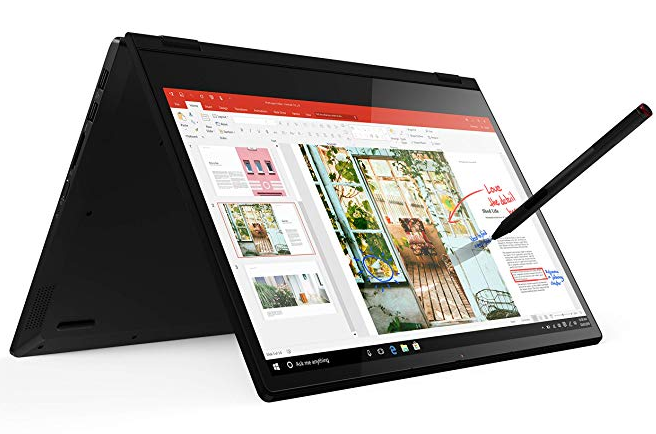Apple Music, Spotify, and other digital music streaming services have become wildly popular over the years. With these, users can easily access millions of songs at their fingertips anytime, anywhere. However, these services also face challenges when it comes to licensing and paying artists for the use of their music.
That’s why many musicians have switched to digital music licensing services, which provide a more direct and transparent way for artists to get paid for their work. These services offer various tech-based payment features that make it easier for artists to receive fair compensation for their music. So, how do these payment features work, and what are the best ones for digital music licensing services? Let’s find out.
Secure and Reliable Payment Gateways
 The real horror you may face when subscribing to a digital music licensing service is getting your money stolen by hackers. That’s why it’s a must to choose a service that offers secure and reliable payment gateways. These gateways ensure that transactions are processed smoothly, protecting both artists and users from potential fraud or unauthorized access to sensitive information.
The real horror you may face when subscribing to a digital music licensing service is getting your money stolen by hackers. That’s why it’s a must to choose a service that offers secure and reliable payment gateways. These gateways ensure that transactions are processed smoothly, protecting both artists and users from potential fraud or unauthorized access to sensitive information.
By partnering with trusted payment providers, these platforms can offer various secure payment options, including credit cards, PayPal, or mobile wallets. This flexibility basically ensures that users can choose their preferred method while providing a seamless experience. Additionally, robust security measures like encryption technology and two-factor authentication help safeguard financial data during transactions.
Automated Payment Tracking and Reporting
With automated payment tracking, there’s no need for manual calculations or spreadsheets. The system automatically calculates royalties owed based on usage data and generates detailed reports. This not only saves time but also reduces the risk of errors in payment calculations. In addition, the reporting feature provides valuable insights into which songs are generating the most revenue, allowing artists to make informed decisions about their music catalog. Automated payment tracking and reporting streamline the financial aspect of digital music licensing, making it easier for artists to get paid accurately and on time.
Seamless Integration With Music Platforms and APIs
Moreover, by integrating with popular music platforms such as Spotify or Apple Music, payment systems can automatically retrieve relevant data about licensed tracks, including play counts and revenue generated. This real-time information allows for accurate royalty calculations and transparent reporting, providing artists with a clear picture of their earnings. Additionally, integration with Application Programming Interfaces (APIs) makes it easier for music licensing services to connect with other software applications used by artists or industry professionals. Whether it’s a performance tracking tool or a sales analytics platform, seamless integration enables efficient data exchange between diverse systems, getting rid of the need for manual data entry or tedious file transfers.
Streamlined Royalty Distribution System
 Of course, a streamlined royalty distribution system is also a crucial payment feature for digital music licensing services. Why? It ensures that artists and rights holders receive their fair share of earnings promptly and accurately. With this system in place, the complex process of tracking and distributing royalties becomes more efficient, reducing errors and delays.
Of course, a streamlined royalty distribution system is also a crucial payment feature for digital music licensing services. Why? It ensures that artists and rights holders receive their fair share of earnings promptly and accurately. With this system in place, the complex process of tracking and distributing royalties becomes more efficient, reducing errors and delays.
By automating the royalty distribution process, digital music licensing platforms can seamlessly calculate and distribute payments based on predetermined agreements with artists. This way, there is no need for manual calculations and administrative burdens for both licensors and licensees.
By integrating advanced technology such as blockchain or smart contracts into the payment system, transparency is enhanced, ensuring that all parties involved have access to real-time data regarding sales figures and revenue splits. As the digital music industry continues to evolve, it is essential for digital music licensing services to keep up with the latest payment technologies. Making sure these payment tech features are available in your digital music licensing service can significantly improve efficiency, accuracy, security, transparency, and overall experience as the user.


